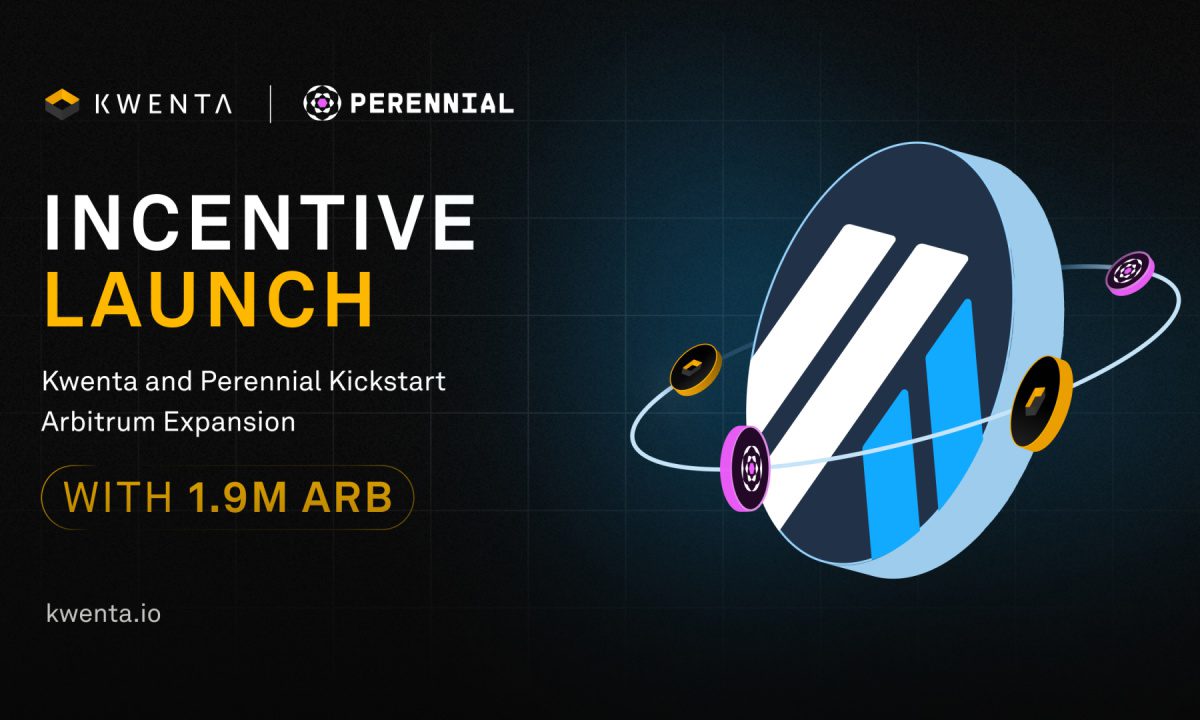Bankman-Fried Sentence May Be Mitigated With New Market Recovery
Key Points:
- Sam Bankman-Fried sentence is about to take place after being convicted of fraud in November 2023.
- Thanks to a surge in crypto markets, customers of the bankrupt exchange might be fully compensated, potentially involving the severity of SBF’s sentence.
According to CoinDesk, former FTX CEO Sam Bankman-Fried (SBF) might receive a lenient sentence when he appears before District Judge Lewis A. Kaplan next month.

Read more: Sam Bankman-Fried Private Life Before The FTX Crisis Happened
Bankman-Fried Sentence Looms After Fraud Conviction
This possibility arises because customers of the bankrupt exchange could potentially be fully compensated, thanks to a surge in crypto markets and the estate’s investments’ resilience.
SBF was convicted of fraud in November 2023, following the collapse of his crypto trading empire a year prior. Amidst the bankruptcy proceedings, the crypto market witnessed a significant uptick, promising to refund numerous creditors who were owed a total of $8.7 billion, albeit at November 2022 prices.
The market’s resurgence holds weight in sentencing considerations, as restitution can influence the severity of the Bankman-Fried sentence. Legal experts like Jordan Estes from Kramer Levin highlight that sentencing guidelines vary significantly based on loss amounts, with low losses suggesting 24-30 months imprisonment, while high losses could result in up to 20 years or life in prison.
Legal Debate Arises Over Impact of Restitution on Sentencing Guidelines
Estes anticipates vigorous debate over the loss amount during sentencing. Defense arguments may push for a substantially reduced loss amount or even zero losses, given the prospect of full compensation for all customers and creditors.
However, U.S. sentencing guidelines typically credit defendants for amounts returned to victims before the offense’s detection. In this case, the compensation doesn’t originate from SBF and occurs post-discovery, raising questions about its impact on sentencing.
SBF’s upcoming court appearance will likely feature intense deliberations over the interplay between market dynamics, restitution, and sentencing guidelines, shaping the final outcome of the Bankman-Fried sentence.
| DISCLAIMER: The information on this website is provided as general market commentary and does not constitute investment advice. We encourage you to do your own research before investing. |





















